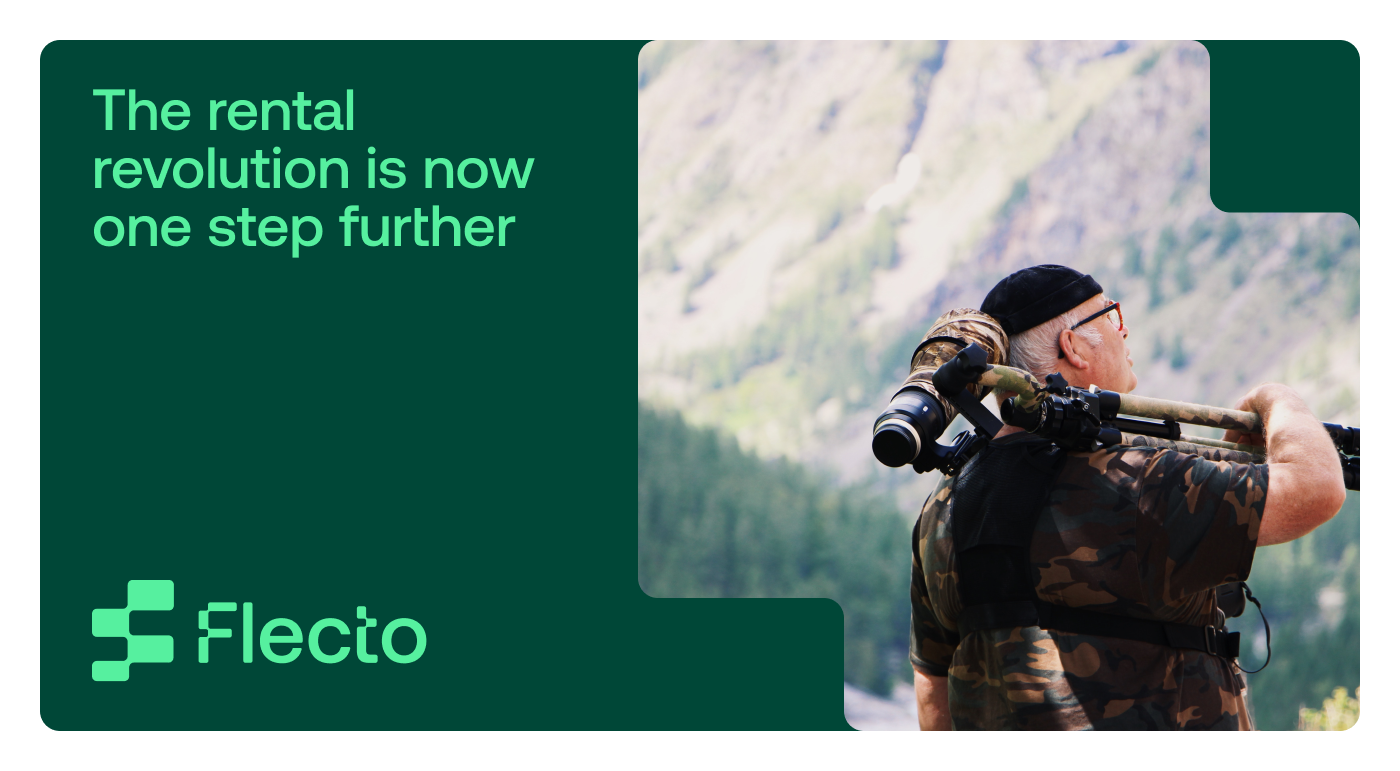Why you need insurance for your rental business

The big question about equipment rental has always revolved around the benefits of having insurance. We all know that running a rental business can be a very profitable and sustainable choice. A few rentals down the road and business owners are able to recover the initial investment that was made on purchasing the equipment. Not only that, a rental enterprise is based on the assumption that products rotate between dozens of users, thus extending their lifecycle and reducing the need for non-reusable resources.
Of course this comes with a certain risk. Every new customer might damage the equipment or use it improperly, resulting in situations such as bodily injuries, property impairment, equipment breakdown and others. This can put the entire business to jeopardy, as it compromises its very foundation: the idea that someone else will be able to reuse the product. We’re looking at two sides of the same coin — though each rental brings in new income, it also brings in new threats.
Last but not least, a lot of companies seem to be facing some uncertainty when it comes to renting equipment to individual consumers as it usually brings along a lot of bureaucracy and paperwork, namely in terms of deploying a deposit or signing responsibility documents. Businesses find themselves navigating different, sometimes outdated strategies to make sure their equipment returns safe and sound.
That’s where rental insurance comes in.
What is equipment rental insurance?
Equipment rental insurance is a plan that is designed to protect the liability of rental businesses. It generates legal policies that cover reparation and replacement whenever equipment is damaged or stolen. In some situations, it can also cover legal expenses in case a customer decides to move forward with a lawsuit. It’s all about recognizing that some of the responsibility towards the equipment is out of the owner’s hands and making sure that each party is held accountable in case something happens.
Having insurance is the best way to protect businesses against the financial ruin of damaged or stolen equipment or legal strikes. Each policy is usually generated per item and includes a certain amount of insured value that is calculated on the after-market profit of the product. In other words, some factors that contribute to an insurance program can include:
- Age and value of the equipment
- Deductible and coverage limites
- Category type of the equipment
It’s important to note that insurance programs do not cover, however, some further unforeseen scenarios. These can include accidents while traveling or related to business vehicles, or even data breaches that might exposed sensitive customer information. Should they know extra coverage for this type of situations, rental businesses should get in contact with their insurance representatives and go through possible options.
What do you need for a rental insurance plan?
There are some components to take into consideration before subscribing to an equipment rental insurance plan. The first and probably most important one is to identify the risks related to the business core, namely in terms of products and customers. Business owners should acknowledge what kind of damage their equipment is exposed to and research the proper coverage to protect it.
Insurance providers exhibit different rates and policies depending on item category, duration of the rental period, location and other elements. Some of them might even include bundle offers that range all the way from general liability to worker’s compensation. So it’s equally important to compare representatives and see which one presents the best offer towards a specific industry.
Flecto Insurance has been recently launched as the first-of-its-kind program that covers the liability of rental businesses and protects items against theft and damage during the rental period. The program aims to keep operations and margins intact on the business side, while pitching a pricing model per transaction based on rental value and item category for all kinds of equipment.